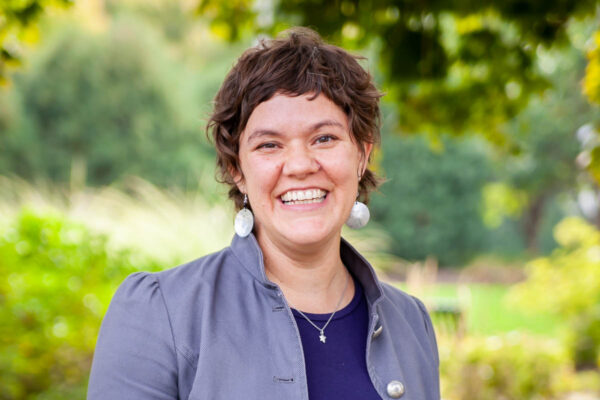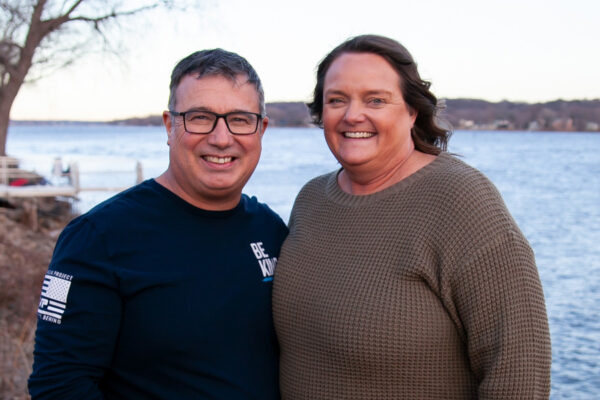Not What, but How

“Show by your good life that your works are done with gentleness born of wisdom.”
– James 3:13
This is a week – perhaps even a season – of extremes. We see unprecedented and somewhat frightening extremes in weather, with floods in Europe and China, record heat across the North American West, and weather patterns created and distorted by the raging wildfires in Oregon. How our hearts ache for those who face such devastating events!
We are also seeing extremes in human activity: flood workers and firefighters face down deadly perils to protect their neighbors; Branson and Bezos both ride into space; the Olympians are about to astound us; Giannis Antetokounmpou has capped an unlikely and extraordinary rise from living in poverty as a Nigerian refugee in Greece with his performance as MVP of the National Basketball Association championship.
We know in our own circles people whom we consider similarly extraordinary, even if they are not as famous. Those who find inspiration and strength in the face of daunting odds, and then combine that with commitment and endurance, are able to take their lives to an extreme. They, in turn, can inspire us to live in ways we might never have imagined or believed possible.
This kind of excellence and extreme performance can also haunt us in unhelpful ways. What have I done lately that is remarkable? When have I achieved something that is in any way “extreme?” As one wag has said: “When Mozart was my age, he had been dead for 29 years. What have I done with my life?” Rather than being inspired, we can find ourselves discouraged or frustrated by an encounter with extreme achievement.
The life of faith offers a helpful shift in perspective when we feel intimidated by anything or everything we see around us. (So can taking a break from the Internet and turning off the television for a few days.) In the Bible, God regularly works through the most common and unlikely of people. The gospel writer, Luke, introduces the story of Jesus’s birth with reference to the Roman emperor and a global census, showing by contrast how Jesus’s own life and work took place without great pomp; in the church’s memory, Jesus even discouraged those who would spread his name and fame too casually.
Living a life outside the spotlight, in close relationships with a circle of family and family-by-choice, is an extremely fitting way for our love, generosity, and servanthood to play out faithfully. The Letter of James encourages gentleness and wisdom, not notoriety and acclaim, as the standard by which to measure our life’s work. Those virtues are available to us every day, in any circumstance. They help to move our question from a rueful backward glance to something more constructive: “What might I do next?”





Sheila Mesick
Thank you Peter for reframing this for us, for me. Looking backwards I focus at what I was once capable of doing. A good reminder for me to ask what might I do next.